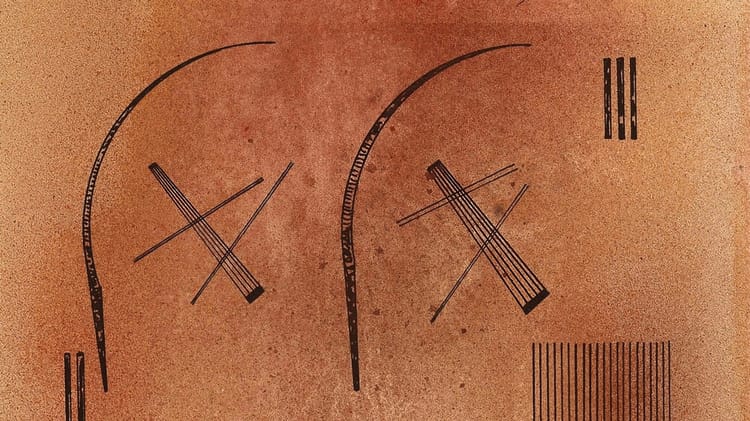China Flexes, Haiti Collapses

ASIA
China to increase defense spending by 7.2 percent — The annual hike was announced at the National People's Congress meeting on Tuesday, and comes despite a slowing economy and uncertainty about the future. China's annual defense budget of $232 billion has more than doubled in the last decade, with defense spending increasing by more than 7 percent per year for the last three years. (FT, Nikkei, WSJ, Times of India)
China and the Philippines clash in South China Sea — The Philippines was conducting a resupply mission to Second Thomas Shoal when a Chinese coast guard vessel blocked its path and caused an initial collision. Later, two Chinese vessels shot water cannons at a Philippine supply boat, injuring four people. China denied responsibility and accused the Philippines of provoking tensions. (Nikkei)
China signs defense cooperation agreement with Maldives — Though the details of the agreement were not disclosed, China agreed to provide free military assistance to strengthen bilateral ties. This comes after the new Maldivian President Muizzu set a deadline for the withdrawal of Indian military personnel from the country. In a fiery speech, India's Defense Minister boasted of his country's improved navy, and in a veiled reference to China, vowed to prevent any country from exercising hegemony in the Indian ocean. (Times of India, The Hindu, Background: NYT)
North Korea stole South Korean tech know-how — South Korea's intelligence agency says that North Korean hackers broke into two chip equipment makers in December and February, stealing product designs and facility photos. They believe North Korea is trying to develop its own semiconductor industry to supply its weapons programs despite international sanctions. (BBC)
Japan readies U.S. charm offensive — Nippon Steel will try to gain United Steelworkers' support by the end of April for its planned purchase of U.S. Steel, a senior executive said. The company is racing to complete the deal before the U.S. presidential election later this year. Donald Trump has vowed to block the deal should he win. In addition, Japanese Prime Minister Fumio Kishida will be coming to Washington, and is set to address Congress on April 11. (Nikkei, Times of India)
AMERICAS
Chaos spreads in Haiti — After a major jailbreak in the capital of Porte-au-Prince yesterday, armed gangs tried to seize control of the country's main airport. The whereabouts of Haiti's Prime Minister Ariel Henry are currently unknown. He was last seen in Nairobi signing an agreement that would allow Kenyan troops to do peacekeeping in his country under a UN-backed and U.S.-funded plan. (The Hindu, WSJ)
MIDDLE EAST
Red Sea telecom cables severed — Four undersea communications cables in the Red Sea that carry around 25 percent of internet traffic between Asia and Europe have been severed recently. The Houthis rebels in Yemen have been accused by some of sabotaging the cables, but they deny this. Investigations ongoing. (BBC)
Hardliners win in Iran — Amid record low turnout (41%), Iranian hardliners have declared victory in parliamentary elections which were held last Friday. 42% voted in 2020, the last time parliamentary elections took place. Turnout has traditionally been above 50% before then. Former president Hassan Rouhani was among the many moderate candidates barred from running. The current parliament is likely to appoint the next Supreme Leader, as Ayatollah Khamenei is 84. (BBC)
UK Defense Secretary confirms: Iran gave Russia ballistic missiles — The senior official appeared to back up earlier reports, citing classified intelligence. The United States had said at the time that if reports were true, Iran would be greeted with a "severe" response by the international community. Iran has denied the allegations. (Politico)
EUROPE
EU bans forced labor imports — Despite earlier foot-dragging by Germany and several other smaller countries, the EU has agreed on measures to target imports produced by forced labor, a move broadly targeting China. It comes as the US has already blocked imports from Xinjiang over alleged forced labor of Uyghurs. (FT)




